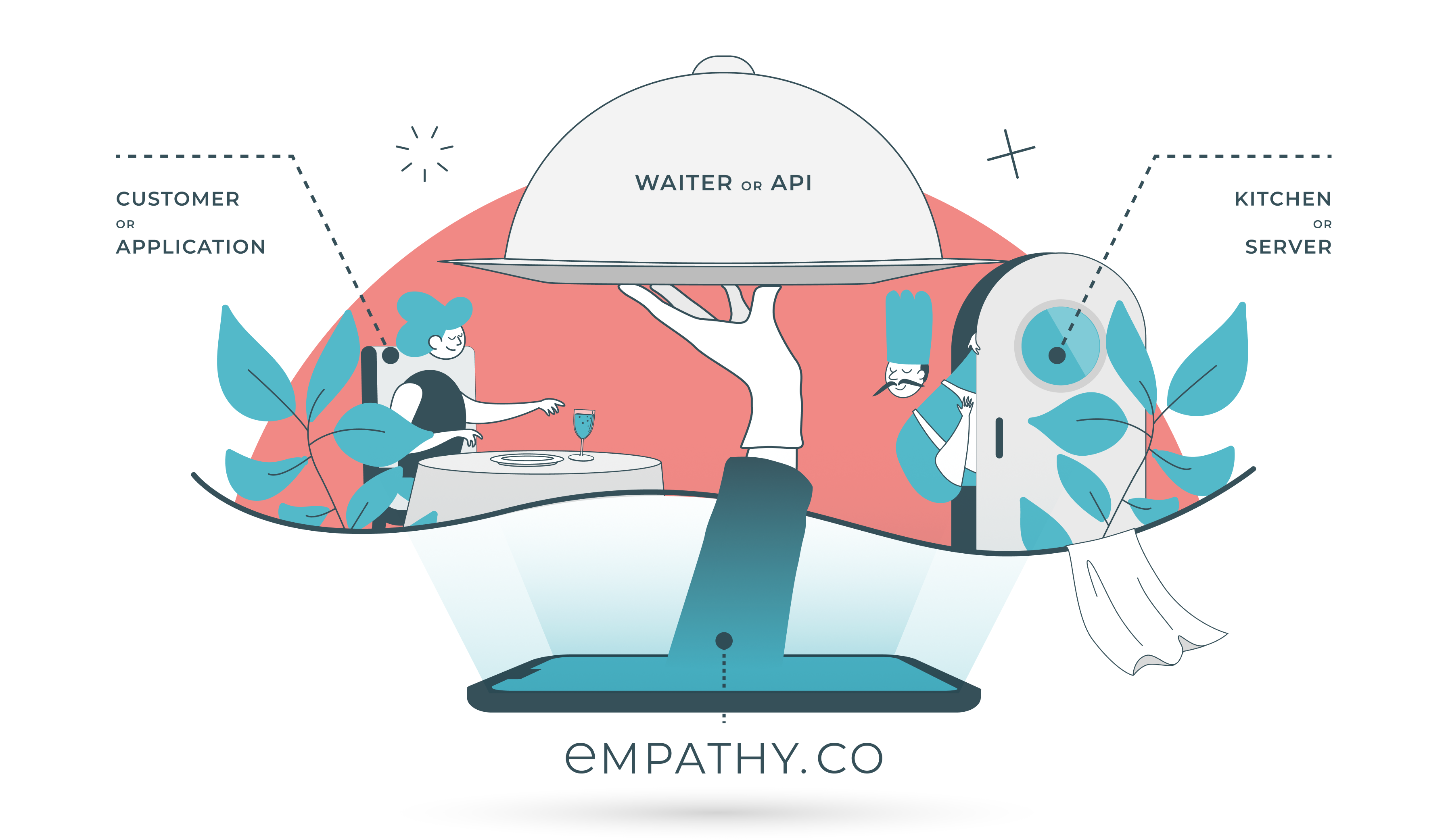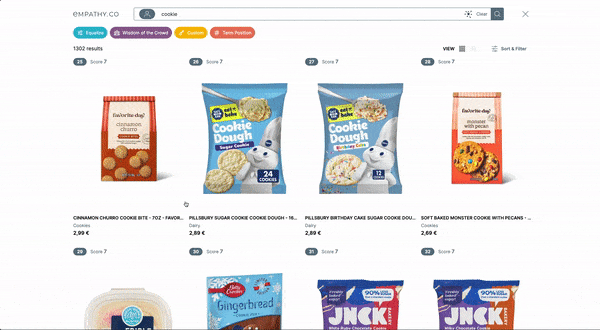What APIs can do for your ecommerce business
What APIs can do for your ecommerce business
A guest post from Worldline, Empathy.co Partner
Creating a seamless, personalised customer experience is key for successful businesses. From showing exactly what customers are looking for to offering secure payments, customers want to know they are in good hands on your website.
But how do you prepare for the future and keep up with rapidly evolving ecommerce tech? Only by choosing robust and adaptable technologies can businesses stand out from competitors and scale their ecommerce business.
With APIs, business owners get access to tools that have been built by some of the best and most experienced technology companies. These ecommerce APIs have the power to integrate with their existing ecommerce platforms and boost webshop performance.
To take full advantage of APIs, here’s what you need to know:
- What is an API?
- Benefits of APIs for your business
- How they work for your website’s Search
- Choosing the right ecommerce API for your webshop
- How to get it up and running

1. What is an API?
An API, or Application Programming Interface, is one of the software tools that ensures enjoyable customer experiences online. The API links two independent software systems so they can communicate with each other. By doing so, you can get information from a system or service and use that to improve your ecommerce business.
APIs are clever tools that we use every day. Are you comparing prices for a new laptop online? Or paying for a new pair of trousers? APIs in ecommerce enable us to integrate tools and services with different capabilities in the same online journey. This means a customer can get access to a whole range of information and services, all while enjoying a smooth online journey.
Think of an API like a waiter in a restaurant. Once a customer enters a restaurant, the waiter will make sure they get a menu and place an order. When the kitchen has prepared the meal, the waiter will take the food back to the customer. The waiter (or API) links the customer with the kitchen.

2. What are the benefits of APIs?
Looking for products, setting up marketing campaigns, sending out packages…and more! Running a webshop is difficult as it is. Luckily APIs can lift some of the load for business owners. They can easily link your online business with other platforms. This way, you can take full advantage of powerful software services, such as search or payment solutions.
As a messenger between two systems, the API takes a request from one system and tells another system what they are trying to do. The customer then gets a response, such as search result or payment action, so they can continue their online journey. APIs are essential for your online shop to browse, book, or buy products and services.
By using innovative APIs, you don’t have to develop or maintain these software tools yourself. You can integrate the latest technology on your webshop, saving you both time and money, while enjoying full flexibility. And your customers will be thankful, too, when they can access the advantages of smart tech solutions.
Did you know that an API can be configured to match your brand? Let’s say that you redirect your customer to a payment page using Worldline’s API. You can detail what you want that payment page to look like. You can even customise the flow, so you know exactly when to deliver products ordered by customers.
3. How does an API work?
Let’s say that you are browsing a webshop that uses Empathy.co’s Search & Discovery solutions. The owners of this webshop will have their inventory, such as clothing, homeware, or beauty products, indexed on the Empathy Platform servers.
When a customer, like you, makes a search, it generates a request to Empathy.co’s Search API or the Search service. This API for ecommerce then retrieves information from the online shop catalogue and shows the available products from the online store to the customer.
Making a search can mean a lot of things. With Empathy.co’s intuitive solutions, customers can type a word in the search box, but they can also use other tools. Related Tags, Suggestions, and My History, for example, offer customers new ways to explore products.
Whatever tool they choose to use, Empathy.co’s Search API ensures accurate, reliable, and trustworthy results.
4. What are examples of APIs in ecommerce?
Have a look at what your webshop looks like and where APIs could benefit your ecommerce business. From intuitive search to a seamless payment process, APIs have potential to make your page more customer friendly and boost your sales.
Optimise the customer experience by using an API to connect …
- … your inventory with a smart search solution, so customers can find exactly what they are looking for and keep exploring with suggestions and recommendations.
- … your checkout page with a trusted payment solution, so customers can make fast and safe payments directly on your website. You can redirect your customers to a secure payment page or keep them on your website by including the payment solution directly into your checkout.
- … your customer support page with a live chat solution, so customers can ask for help during the shopping journey.
Whatever ecommerce API you are looking for, always make sure to choose companies that align with your vision. Take a minute to think about what’s valuable to you and your customers.
- Do you want to respect their privacy?
- Do you want to ensure speed and convenience?
- Do you want to focus on safety and security?
These are just a few of the questions you can ask yourself. Look for APIs that meet your needs and expectations, so your webshop reflects your brand story. And make sure to choose a reliable company, as robust API security is crucial in ecommerce.
5. How do you implement an API for ecommerce?
It would be technically possible to set up an API yourself, but this could demand a lot of time and money. That’s why a lot of APIs come with documentation to make your life easier. But not all providers have great integration instructions.
For example Empathy.co APIs are cleverly designed and well-documented with the award-winning DevPortal ePDocs. This means developers can meet the technical needs of the webshop, while saving time and money developing their own search solutions.
Make sure to study the documentation before implementing the API. If the content or structure isn’t clear, it might be better to choose another solution. The implementation and maintenance of the API might cost you a lot of effort if not well explained.
Are you unsure about your technical knowledge when it comes to using APIs? Then it’s good to know that lots of platforms integrate APIs natively. For example, platforms like Prestashop, Magento or Salesforce can link to Empathy.co’s or Worldline’s robust APIs to propose a direct and hassle-free connector to these platforms.










